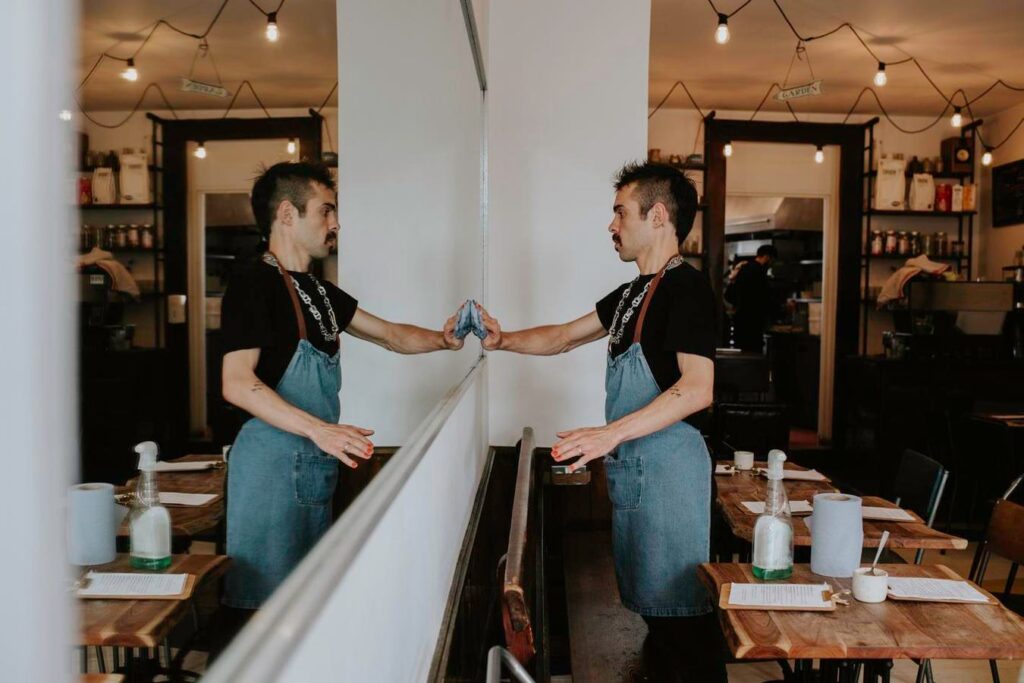Rob Lancit, VP of Franchise Development at Stratus Building Solutions, is a seasoned entrepreneur with 30 years of franchising expertise.
With the global pandemic receding further and further into memory, people tend to forget just how panicked we were. At the outset, public health officials shared what limited knowledge they had about the transmission of the highly deadly respiratory virus:
1. It was airborne and a risk to anyone coming into contact with another infected individual.
2. The virus itself was capable of living on surfaces for up to 24 hours.
We now know that wasn’t entirely accurate, but the fallout was instantaneous. Consumers vigorously wiped down all interior surfaces—even groceries—in a desperate attempt to keep themselves and their families safe. The importance of cleaning and disinfecting had taken center stage.
What happened next permanently changed the commercial cleaning industry—including the franchising sector. And they weren’t the only ones.
An Essential Business Defined
When the Covid-19 pandemic began to proliferate on a global scale, the commercial cleaning sector experienced an unprecedented surge in market demand. Suddenly, new clients in the form of businesses, schools, hospitals and public facilities all needed immediate and enhanced cleaning solutions to ensure compliance with new public health guidelines.
Commercial cleaning operations swung into action in an industry working under stricter protocols issued by the CDC and the World Health Organization. They had to source necessary cleaning products in the face of supply chain disruptions and ensure that all personnel were thoroughly trained to much higher disinfecting standards. Almost overnight, commercial cleaning became one of the most essential of essential businesses. I myself observed how, across the board, the industry did its part, stepping up to take its place on the front lines of public health and safety.
A New Wave Of Entrepreneurial Interest
As the existing commercial cleaning operations were overwhelmed with new assignments, life continued unabated—albeit more cautiously. Interest in entrepreneurial pursuits never wavered. In fact, for some, it increased substantially for many different reasons.
It was during this period that my company and many of our competitors began to experience a noticeable uptick in interest from prospective franchisees. The combination of high demand and the relatively low barrier to entry made commercial cleaning an appealing choice for career transitioners. Consequently, the industry gained further recognition as a reliable business model with a reputation for dependable and sustainable revenue.
Rapid Business Model Revisions
As one might expect, this era of heightened importance for commercial cleaning franchisors led to several substantial revisions within our business models. The following industry adaptations were quite common among franchisors across the board:
• Addition of expanded and enhanced service offerings, such as electrostatic disinfection.
• Acceleration of eco-friendly products and best practices.
• Robust additions to training programs to account for new health and safety protocols.
• A boost in the adoption of new digital technologies to meet the burgeoning demand.
How To Apply These Lessons To Your Own Business Model
What exactly did we learn from this chaotic period? Plenty, beginning with how to accept and confront a challenge and opportunity we never expected. But by fully confronting the intersection of change and opportunity, we quickly discovered we had the internal capacity to function as a rapid response team to the new challenges before us—and ultimately benefit from them.
The overreaching lesson was that we could have been better prepared to respond and react. What I learned is that businesses must be agile and flexible enough to respond to sudden or immediate marketplace disruptions—a lesson that didn’t have to be learned on the fly.
If you don’t want to get caught flatfooted when the next crisis or opportunity arises, give some consideration to the following actionable steps that can help you build a business model with the ability to “improvise, adapt and overcome”—which just so happens to be the unofficial slogan of the United States Marines.
1. Build a committee-based team of capable employees in your organization whose job is hyper-vigilance. Develop a structure and process for monitoring and tracking industry change, be it real-life (another pandemic) or virtual (the rapid proliferation of AI, machine learning and automation).
2. Schedule quarterly meetings to discuss the results of your monitoring. Participate in hypothetical scenarios and case studies derived from your findings, a.k.a. “dry runs.” This is a common exercise for organizations such as the Pentagon and various Washington-based think tanks. It’s an advisable strategy for developing new and innovative policies designed to improve your market position and readiness.
3. Don’t just set it and forget it. Make it a priority to continually review these go-to-market strategies while proactively looking for new and innovative ways to build more agility and flexibility into your business model, systems and processes.
A Lesson In Improvising, Adapting And Overcoming
It’s important to note that commercial cleaning wasn’t the only franchise sector that benefited from the global health crisis we eventually overcame—not by a long shot. And it’s also true that many industries were devastated by the Covid-19 pandemic, particularly the restaurant and hospitality sector; the National Restaurant Association estimated that some 100,000 establishments closed their doors in the first six months of the pandemic.
But they, much like the commercial cleaning industry, are more commonly remembered for their agility in adapting to this new normal, with services such as touchless curbside pickup and enhanced outdoor seating arrangements. If you look for positive examples, you’ll likely find them across every industry and business sector, demonstrating the sheer ingenuity in their adaptation efforts. When it was all said and done, each industry made significant contributions to align their products and services to meet post-pandemic market needs.
Any way you want to measure that, it’s still progress.
Forbes Business Council is the foremost growth and networking organization for business owners and leaders. Do I qualify?
Read the full article here

